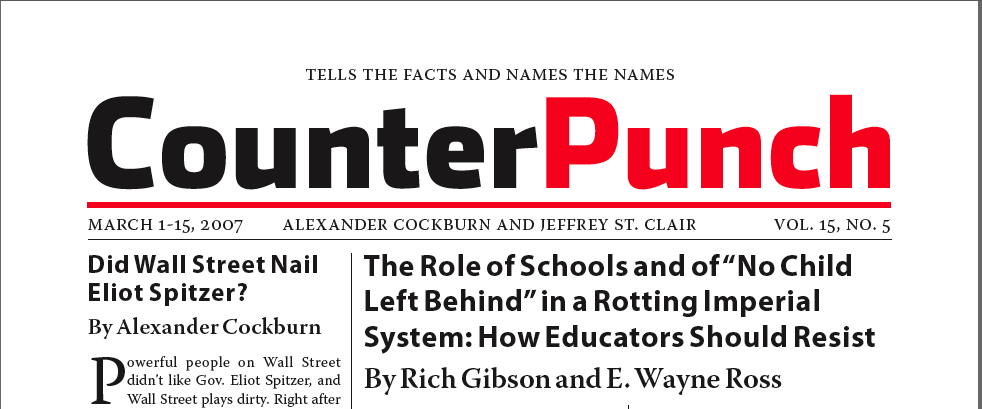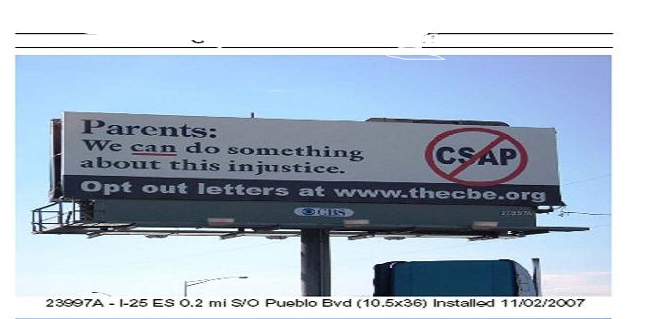Last week the Vancouver Sun reported that British Columbia experiment with incentive pay for school officials based for meeting goals beyond expectations.
The British Columbia Public School Employers Association (BCPSEA)—the bargaining agent for all 60 public schools boards in BC—announced that it will be offering a thousands of dollars in annual bonuses to superintendents and secretary-treasurers who are recommended by their boards of education for setting and meeting goals beyond expectations.
The BCSEA plan states that objectives and performance measures must align with the strategic plans of school boards and consider:
o Finances — Measures contribution toward achieving defined financial management goals.
o Processes — Measures contribution toward increased efficiency and effectiveness.
o People — Measures initiatives which have the potential to improve
performance levels for both employees and students.
o Clients — Measures contribution
Incentive pay tried for school officials
Bonus system aims to make K-12 education more successful and efficient
Janet Steffenhagen
Vancouver Sun
Saturday, January 12, 2008
The province is experimenting with incentive pay for public school officials as a way of making K-12 education more successful and efficient.
Since the concept is new in this sector, the British Columbia Public School Employers’ Association says it will start small, offering a few thousand dollars in annual bonuses to superintendents and secretary-treasurers who are recommended by their boards of education for setting and meeting goals beyond expectations.
The association plans to send guidelines to B.C.’s 60 school boards in coming days describing what sort of accomplishments are worthy of incentive pay. Some boards have indicated they are keen to participate this year, although most are not expected to become involved until the 2008-09 school year.
“This is something very new. It’s not something that you’ve ever seen in public education,” Hugh Finlayson, the association’s chief executive officer, said in an interview.
“It’s something that has worked in the private sector certainly, it’s worked in other elements of the public sector. Now we [want] to test it here.”
That test will begin with the two top positions but could expand in future to other non-union employees, including school principals.
The British Columbia Teachers’ Federation slammed the idea of merit pay last year after the Liberals made vague promises of financial incentives for teachers to reward improvements in student achievement.
The plan to offer incentive pay to superintendents and secretary-treasurers was hatched during recent negotiations to increase their overall compensation package for the first time since 2000.
That resulted in a 14-per-cent increase in the superintendents’ categories and a 12-per-cent increase for secretary-treasurers last year.
Salaries are calculated according to the number of students in their districts. Superintendents’ pay now ranges from $106,607 a year in small districts to $187,139 in large districts, while secretary-treasurers’ salary range is $94,468 to $159,646.
Although the ranges had not been adjusted for seven years, employees who weren’t at the maximum level were still able to negotiate pay raises.
In the Lower Mainland, salaries are frozen for about half the superintendents and secretary-treasurers because their pay exceeds the legislated caps.
Finlayson said incentive pay is not intended for employees who meet ordinary expectations, such as a secretary-treasurer who balances his budget. Nor is it intended to reward those at the helm when a district experiences an unexplained bump in student achievement.
Rather, the bonus will be for superintendents who identify an issue in need of attention (such as literacy or graduation rates), develop a plan in consultation with the community and co-workers, implement the plan and achieve measurable results.
For secretary-treasurers, it might mean finding new and innovative ways of building and maintaining schools or transporting students, he said.
The new chairmen of the two largest school boards — Surrey and Vancouver — said they are personally enthusiastic about the plan, although it hasn’t yet been endorsed by their boards.
Vancouver chairman Clarence Hansen said many superintendents would already qualify for incentive pay and they would set an example for those who aren’t performing as well.
Surrey chairman Reni Masi said he likes the idea but wants to know how performance will be measured fairly and whether bonuses will be paid by government or come out of a board’s annual spending allotment.
The association confirmed it will be the latter.
Sun education reporter
jsteffenhagen@png.canwest.com
The Vancouver Sun DIGITAL
You can now listen to every Vancouver Sun story on our new digital edition.
Free to full-week print subscribers or sign up for a 7-day free trial. www.vancouversun.com/digital.
© The Vancouver Sun 2008
Close
Copyright © 2008 CanWest Interactive, a division of CanWest MediaWorks Publications, Inc.. All rights reserved.
 Follow
Follow


